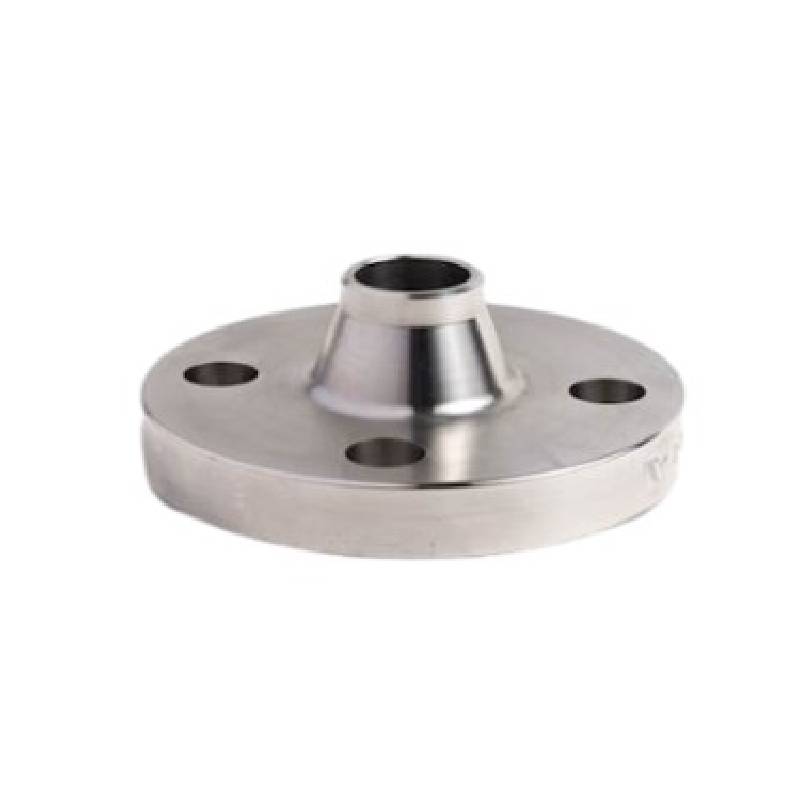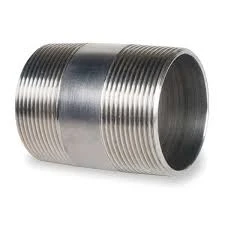-
Cangzhou Yulong Steel Co., Ltd.
-
Phone:
+86 13303177267 -
Email:
admin@ylsteelfittings.com

Jan . 06, 2025 18:58 Back to list
types of pipe caps
In the realm of construction and plumbing, understanding the various types of pipes and their applications is essential for ensuring a project's success and longevity. As industry professionals know, not all pipes are created equal, and each type is uniquely suited to specific applications due to its material properties, strength, durability, and cost-effectiveness. Here, we delve into the most common types of pipes, offering insights into their best uses, advantages, and potential drawbacks, delivering an authoritative and trustworthy guide for choosing the right piping solution.

Steel Pipes Known for their strength and durability, steel pipes are commonly used in industrial settings. Their robustness makes them ideal for transporting gases and liquids under high pressure. However, they are prone to corrosion, which makes them less ideal for long-term use without protective coatings or treatments. Carbon steel pipes are particularly popular due to their strength and lower cost, but stainless steel varieties offer enhanced resistance to corrosion, albeit at a higher price.
Copper Pipes Copper is renowned for its excellent thermal and electrical conductivity, making it a preferred choice in HVAC systems and electrical conduit applications. It also boasts antimicrobial properties which make it suitable for potable water systems. Copper pipes do not corrode easily, which enhances their longevity. However, their cost is relatively high compared to other materials, potentially impacting the budget of extensive projects.

Plastic Pipes A range of plastic pipes are available, each tailored to specific applications 1. PVC (Polyvinyl Chloride) Pipes Widely used in plumbing systems for both residential and commercial buildings, PVC pipes are lightweight, easy to install, and cost-effective. Their resistance to corrosion and chemical reactions makes them ideal for sewage, drainage, and irrigation applications. However, they are not suitable for hot water distribution systems due to potential deformation at high temperatures. 2. CPVC (Chlorinated Polyvinyl Chloride) Pipes CPVC pipes offer similar advantages to PVC but with the added benefit of heat resistance. This makes them suitable for hot water supply lines. CPVC imprints a higher cost but provides a longer lifespan in thermal applications. 3. PEX (Cross-linked Polyethylene) Pipes PEX is flexible, resistant to scale and chlorine, and suitable for both hot and cold water supply lines. Its flexibility reduces the need for fittings, lowering installation costs. However, PEX is susceptible to damage from UV rays and should not be used for outdoor applications unless protected by a proper covering.
pipe types
Cast Iron Pipes These are traditionally used for water distribution and drainage systems. Known for their strength and durability, cast iron pipes can support high loads and are resistant to wear and tear. Their heavyweight requires more effort and cost for handling and installation, and their susceptibility to rust necessitates regular maintenance.
Concrete Pipes Commonly used in large-scale civil engineering projects, like stormwater management and sewage treatment systems, concrete pipes are extremely durable and capable of supporting significant load weights. Their resistance to environmental factors makes them suitable for underground installations. However, they are heavy and require specialized equipment for handling and installation.
Selecting the appropriate type of pipe is critical in ensuring system efficiency, cost management, and long-term system performance. Professionals must weigh the advantages and disadvantages of each pipe type against project-specific requirements, environmental conditions, and budget constraints to make an informed decision. With technological advancements continually introducing new materials and composites, staying educated on the latest developments is crucial for maintaining expertise and delivering authoritative advice to clients.
Leveraging real-world experience and a deep understanding of material science, professionals can craft piping systems that not only meet immediate project needs but also ensure sustainability and reliability for years to come. This expert insight into pipe types remains an indispensable resource for those committed to excellence in construction and plumbing.
Latest news
-
ANSI 150P SS304 SO FLANGE
NewsFeb.14,2025
-
ASTM A333GR6 STEEL PIPE
NewsJan.20,2025
-
ANSI B16.5 WELDING NECK FLANGE
NewsJan.15,2026
-
ANSI B16.5 SLIP-ON FLANGE
NewsApr.19,2024
-
DIN86044 PLATE FLANGE
NewsApr.19,2024
-
DIN2527 BLIND FLANGE
NewsApr.12,2024
-
JIS B2311 Butt-Welding Fittings LR/SR 45°/90° /180°Seamless/Weld
NewsApr.23,2024
-
DIN2605-2617 Butt-Welding Fittings LR/SR 45°/90°/180° Seamless/Weld
NewsApr.23,2024











